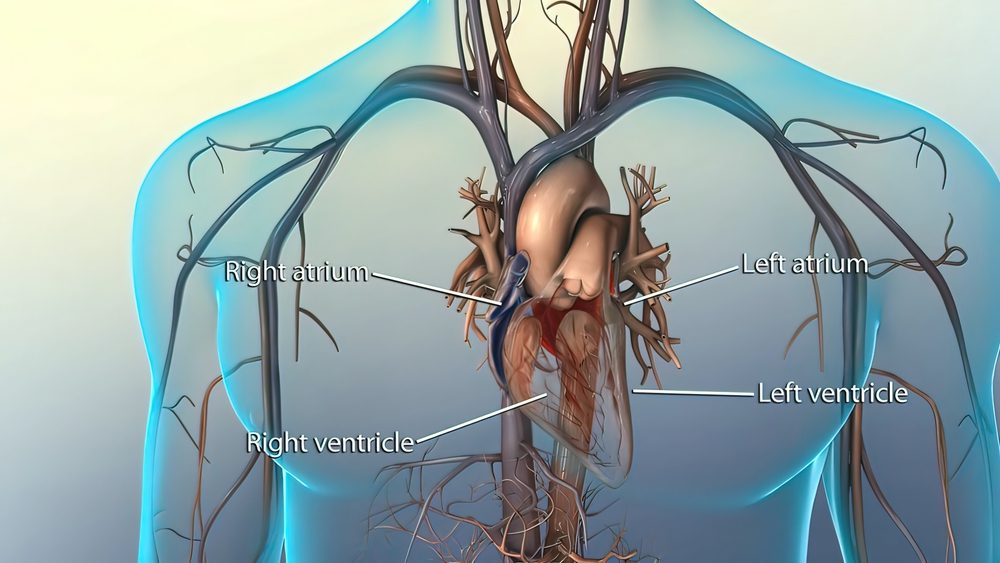Cardiovascular diseases consist of coronary heart disease, cerebrovascular disease, rheumatic heart disease, and other problems of the heart and blood arteries.
Screening exams detect diseases before they show symptoms. Screening is intended to discover disease at its earliest and most treatable stage. For a screening program to be generally acknowledged and endorsed by medical professionals, it must meet a number of requirements, including a reduction in disease-related fatalities.
Lab tests that examine blood and other bodily fluids, genetic tests that seek for inherited genetic markers associated with the disease, and imaging exams that provide images of the body’s inside are examples of screening testing. Typically, these exams are accessible to the general community. However, a person’s requirement for a particular screening test is determined by variables such as age, gender, and family history.
The Cardiac Screening Test Package includes a comprehensive cardiac evaluation with a heart screening. It is appropriate for those who want a baseline examination of their heart health, as well as those who are concerned about heart disease or have a family history of it.


